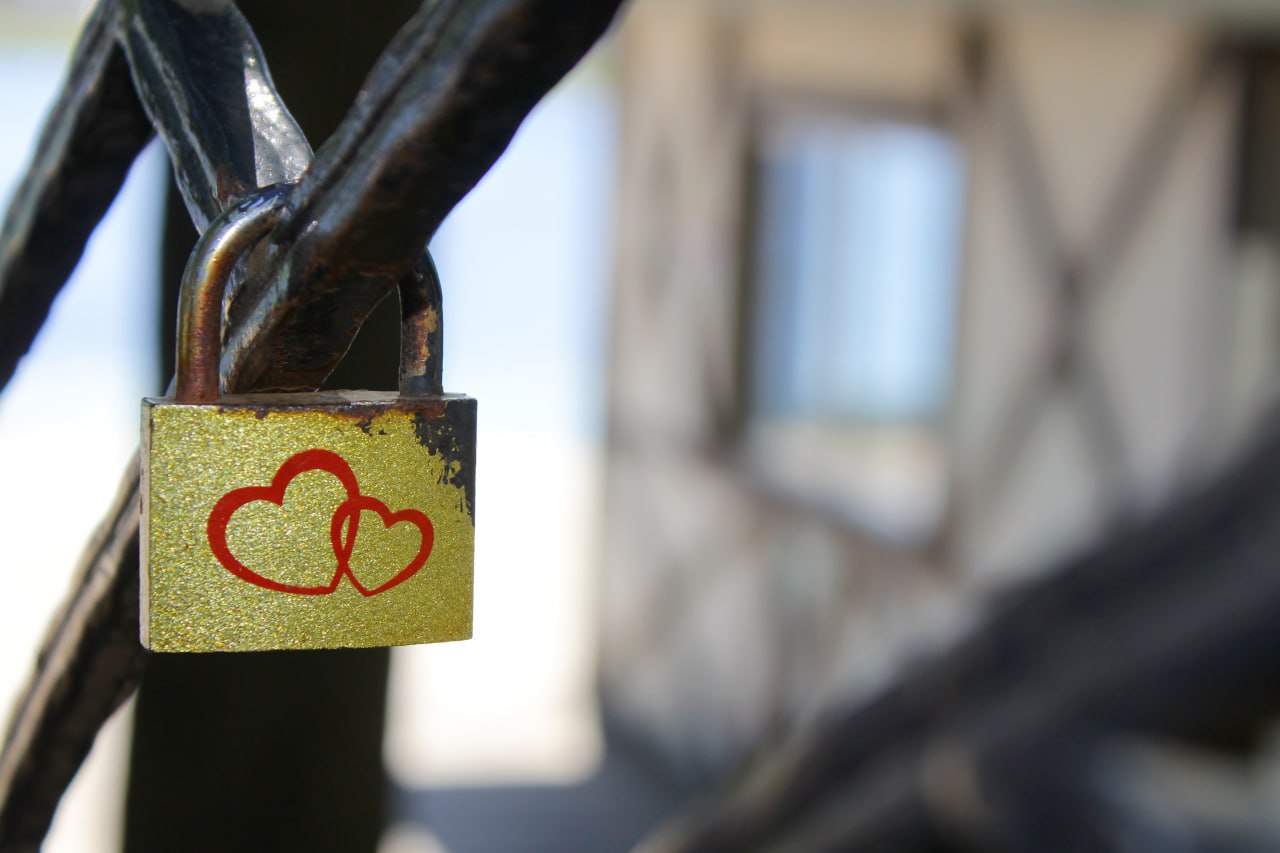The Path of Dependency: Faith and Loyalty by Necessity
 The situation got worse
The situation got worse

Almost all the heads of state of the Commonwealth of Independent States (CIS) gathered at the summit, which was timed to coincide with Vladimir Putin’s birthday. The purpose of the event was to show the unity of the post-Soviet countries against the backdrop of Russia’s confrontation with the West. One of the most notable guests of the forum was Alexander Lukashenka. This was his fifth visit to Russia this year. The dictator returned to Minsk with an order — Russia’s highest award — and supposedly some behind-the-scenes agreements.
During the CIS leaders’ meeting, a ceremony was held to award Alexander Lukashenka the Order of St. Andrew the First-Called, inscribed with “For Faith and Loyalty.” Vladimir Putin reminded everyone that this oldest Russian order was established by Peter I more than three centuries ago in honor of Andrew the First-Called, a Christian saint, apostle, and martyr. The decision to award Lukashenka was made in August, on the eve of the Belarusian dictator’s birthday.
To receive the order, Lukashenka had to perform a graceful bow. Whether this was intentional on the part of the Kremlin’s master or not is unknown. But from the outside, it appeared as though Putin was not honoring someone equal to himself, but someone significantly lower in the political power hierarchy.
The meaning of Lukashenka’s merits was explained quite simply by a deputy of the lower house of parliament, Vadim Gigin: “For faith and loyalty,” for consistency in developing allied and strategic partnership relations between Russia and Belarus. Minsk, Gigin added, is Russia’s only true ally. In other words, from another perspective, the only truly dependent ally. Considering Lukashenka’s various services to the Russian tricolor, he could have been awarded earlier. However, he became only the fifth head of state to receive this honor. Among the others were Chinese President Xi Jinping, former Kazakh President Nursultan Nazarbayev, and former Azerbaijani President Heydar Aliyev.
In light of the upcoming presidential elections in Belarus, experts say the reception Lukashenka received in Russia signals Moscow’s approval for a new term in office. Although there is no need to directly link this to the awarding of the order — after all, awards can also be given before retirement. But so far, there have been no signs that the Kremlin is seeking a replacement for Lukashenka. Russia’s political elite does not seem particularly concerned with Minsk’s attempts to signal readiness for dialogue with the West, the Russian drones shot down in Belarusian airspace, or Lukashenka’s inclination to speak about sovereignty and independence.
Thus, Lukashenka, as the old-new president, in one way or another, satisfies the Kremlin — and primarily because of his dependency (and therefore control). On the other hand, the political costs of a transition in Belarus could be, from Moscow’s point of view, too high. Finally, since Putin does not grant awards twice in a short period, this means Lukashenka will not receive significant financial or economic support for the time being. The Order of St. Andrew the First-Called is above any monetary compensation, although Lukashenka would likely prefer money in some form.
Subscribe to our newsletter




Situation in Belarus
Constitutional referendum: main consequences


 Video
Video
How to count the political prisoners: are the new criteria needed?


 Video
Video
Paternalism In Decline, Belarusian Euroscepticism, And The Influence Of Russia


 Video
Video












